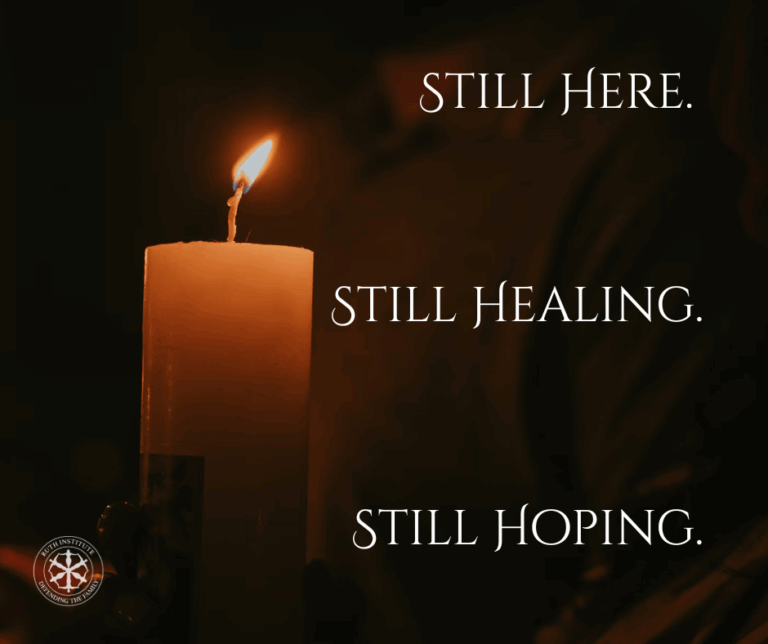by Jennifer Roback Morse
This article was first published July 11, 2018, at Crisis.

Scott Hahn is a prolific Biblical scholar with a huge fan-base among orthodox Catholics. He doesn’t need my help promoting his new book,
The First Society: The Sacrament of Matrimony and the Restoration of Social Order.
But I need some help from him. I need his help convincing my pro-marriage policy-wonk friends that our defense of marriage needs spiritual and theological
arguments, along with natural law arguments, because what we are doing isn’t working.
Losing the Public Policy Argument
No serious person can deny it: marriage, the institution of one-man-one-woman-for-life, is getting clobbered in public policy debates. I’ve been involved
in pro-family debates for a long time and I’ve used plenty of social science data and logical reasoning. I’m convinced the secular world needs more
than secular arguments.
We have lost the male-female requirement for marriage. We have lost the presumptions of permanence and sexual exclusivity. And day by day, the natural
common-sense constituency for lifelong married love is eroding. People who cheerfully voted in favor of man-woman marriage ten years ago, now refuse
to admit it. Have their opinions really changed that much? Are they afraid to say what they really think? For whatever reason, we no longer have the
constituency we had even a few short years ago.
We could blame rogue Supreme Court justices for the Obergefell decision, but we can’t blame no-fault divorce on the courts. Legislatures enacted
no-fault with nearly no resistance in state after state. Vast bureaucracies have emerged to enforce custody plans and financial settlements. No major
religious body has offered any serious challenge.
What are we saying in defense of marriage? I was in the trenches of the Proposition 8 campaign in California. We were not supposed to bring up the Bible.
We were not supposed to talk about homosexuality at all, and we certainly were not supposed to bring up gay sex. The campaign organizers encouraged
us to say, “kids need a mom and a dad.” But one would look in vain for any official statement from the Prop 8 campaign that “kids
need their own mom and their own dad.”
This rhetorical strategy was good enough to win Proposition 8 in California in 2008. By 2012, the proponents of de-gendered marriage had adapted to our
arguments. We never adapted to theirs. We started losing and have yet to recover.
We’ve got plenty of people defending religious liberty, but we do not have nearly the institutional support for explaining
why our churches believe what they believe. Seldom do we hear even the churches themselves explaining why homosexual practice is wrong, or why man-woman
marriage is the only real marriage. Heck, today, we can hardly defend the obvious proposition that men and women are different, and that male and female
are genuine categories.
I have come to believe that a big part of our problem has been fear: we are afraid to get into the additional issues that a full-throated defense of the
ancient Christian teachings would involve. If we say, “kids need their own mom and dad,” we will have to confront the millions of kids who
lose contact with a parent due to divorce or unmarried parenthood. If we say, “third party reproduction is intrinsically immoral,” we will have to
confront the non-gay uses of sperm and egg donation and surrogacy. If we say, “men and women are different,” we might have to confront the entire Feminist
Establishment. And if we dare to say, “gay sex is wrong,” we might just have to say that there are moral limits on sexual activity, even adult, consensual
sexual activity. And once we say that, oh boy, we really have opened the door to a complete confrontation with the entire modern sexual revolutionary
structure.
Dr. Hahn is not afraid of any of these issues. He doesn’t talk about all of them in this book, of course; that is not the point of the book. But one can
easily surmise that he won’t flinch in the face of tough questions. His theological position, based on Scripture, tradition, and, yes, reason and evidence,
is coherent. Many of our non-religious positions are not internally consistent. So, how “practical” does that make us when this is what we put forward?
Losing the Hearts of Married Couples
Even more importantly, Hahn’s analysis shows that the natural law arguments for marriage are not enough to sustain the love of married couples. We can
explain the value and benefits of marriage all day long to our non-religious neighbors. And of course, we should. But we should not delude ourselves
into thinking that rational explanations are enough. Reason alone will not keep our marriages together when the going gets tough.
As Dr. Hahn puts it:
If we only aim for a society built just around natural marriage, denuded of divinity and sacramentality, we might achieve it, but not for long. Even if
we all had a perfect (secular) understanding of permanence and exclusivity and openness to life—and even if divorce and artificial contraception
were banned by law—we would find the expectations of marriage impossible and intolerable.
Without the healing power of God’s grace, our brokenness would immediately reassert itself, each person’s in its own unique way. The resulting new feedback
loop would gut the renascent culture of marriage: the living out of marriage would degrade as people cut corners and ignored strictures, which would
in turn degrade the norms we fought so hard to establish (pp. 127-128).
Social science supports his point. Regular religious practice is a “protective factor” against
divorce. This is our nerdy way of saying that couples who go to church regularly are less likely to divorce. Regular religious attendance during
adolescence is correlated with lower chances of divorce in adulthood. As Dr. Hahn puts it: “Marriage without God is possible in theory, but not
in practice.” We do our young people no favor by dodging this point.
Besides, no one wants to hang on to a sinking ship. Young men especially, thrive on living up to a worthy challenge. Dr. Hahn gives them one:
Let’s avoid surrendering essential first principles and compromising the faith for short-term reprieves. We’re probably not going to witness any spectacular
mass conversion to sanctity in our lifetimes, so let’s be heroic in accepting short-term humiliation—only an apparent defeat—without
compromise (178).
In The First Society, Hahn delivers the theological insight we’ve come to expect from him. In the process, he delivers a practical program for
defending the family in our hostile secular world. No more confining ourselves to “scientific” or “natural law” reasons for our beliefs. While there
is nothing wrong with those reasons, they are not enough. We have been leaving our best player, Jesus, on the bench for far too long. Dr Hahn says,
“Now is the time to speak Catholic truth with clarity and boldness.”
I completely agree.



